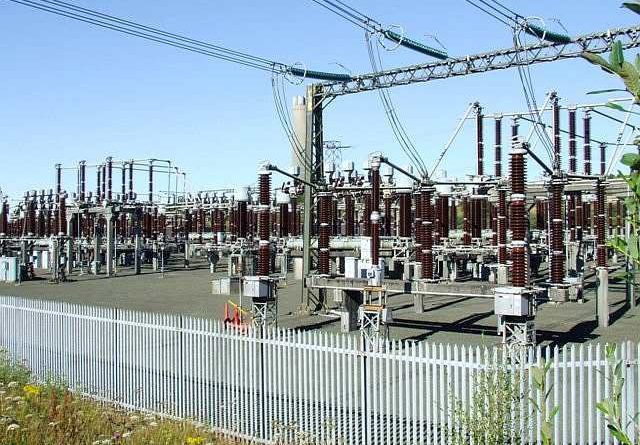Power: How Frequent System Collapse Can Be Stopped – Expert
A power expert, Mr Kola Balogun, has canvassed for the appointment of competent technocrats to manage sensitive technical power companies, saying such appointments is the only sure way of reducing frequent collapse of the national grid.
Balogun, Chairman/CEO of Momas Electricity Meters Manufacturing Company Ltd. (MEMMCOL), who stated this in an interview with the News Agency of Nigeria (NAN), noted that it was unfortunate that the country still experienced incessant system collapse and would continue to experience it if proactive measures were not taken.
He said the Federal Government should ensure more investments in infrastructure with close monitoring to validate problem solving. NAN reports that Nigeria’s national grid has collapsed 222 times in 12 years, between January 2010 and June.
Between January and September this year, it has collapsed seven times. These collapses have dire social and economic consequences for the economy.
He said: “The transmission system requires a very meticulous and competent personnel structure.
“This is especially when it comes to load distribution, as it entails putting certain calculative preventive measures in place.
“The issue here is the lack of competence of the entire leadership and management of the transmission system.
“Let us assume we do not have the adequate infrastructure for transmission.
“I can assure you that if we have competent hands that understand the entire architecture of maintaining a standardised frequency threshold, there would be minimal records of these collapses,” he added.
Balogun also said officers who flouted standard procedures and protocol were not punished to deter them from being negligent or reckless on duty.
The power expert noted that impunity, insubordination and complacency had been encouraged in the industry.
He said obsolete substations had also impeded effective power supply in Nigeria.
According to him, the entire effort of the government will not make any meaning, if government does not acknowledge that distribution substations are major obstacles hindering the stability of the power stations.
“My point exactly here is that the only interface we have today between the consumer and the DisCos is the distribution substation, but they are in total state of dilapidation; an eye-sore.
“I can boldly say that the prime years of my life have been about electricity as I have worked with the power sector for the past 30 years.
“I owe every duty to advise the power sector on the way to go. This is the reason I took it upon myself to introduce the ‘Substation enhancement concept,’ just the way I introduced the prepayment concept in 1995,” he said.
Balogun said the idea behind the substation enhancement concept was to address practically all the flaws defined in the Distribution Code – an Act that intended to supervise the state of the distribution substations.
“Unfortunately, most of the players are not adhering to this code, and that is the reason I have conducted the application of these new substations enhancement concept across a few DisCos.
“This is for the nation to see that it is the way to go to have a stable and steady power supply as well as to guarantee cost recovery of our investment in the upstream (Generation and Transmission Companies),” said Balogun.
On patronage of indigenous electricity meter manufacturers, Balogun commended government for its support and patronage.
According to him, in recent times, there has been improvement in government patronage, but that it should be a continuous support with the mindset of backward integration to provide employment at a very high rate to reduce unemployment to the barest minimum.
“It will also at the same time, bridge the technology knowledge gap,” Balogun said.
He said indigenous meter manufacturers had the capacity to meet national demand for prepaid meters.
He added that there was sufficient capacity and capability to meet national demand if there was assurance by the government that the meters would be off-taken.
On total production capacity of the indigenous electricity meter manufacturers, he said, “I won’t be able to give you the precise production capacity of other manufacturers, but I can give you the entire production capacity figures in my own case.
“Under normal circumstances, we have the capacity to produce 500,000 meters annually.
End.

